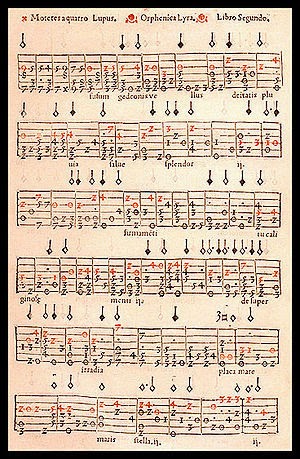In the 'Participation Factor'
(Getting to the Next Level - Part 1) I highlighted that the main stumbling block to developing as guitarists and musicians is in the lack of
any consistent
realtime playing opportunities. Opportunities that tend to keep us sharper, steadily improving, and applying all the stuff we learn in lessons and private study. Unlike sports there is no league of musicians organizing
gigs and
jam session and 'keeping score' and creating the 'competitive like' situations needed to
elevate our
playing to
higher ground. I will attempt to outline some solutions that can be be modified and customized to fit your unique situations and playing abilities.
Be Willing and Available

The
secret lies in being
available for all things that are related
to music. Whether your
roadying for a friends band, singing in the church choir, playing folk songs at an old-folks home, performing for family functions, volunteering for local concerts, bringing your guitar to campfire situations, starting a
lunchtime jam session or a
guitar club at school, atteneding local music workshops, joining an A/V team, hosting a jam session at you home, or altering your expectations or style to get in a band. It's about your willingness to put yourself in music's way and
get involved.
Jamming
Anytime musicians play together, whether making noise, noodling around, rehearsing, performing or recording,
jamming can happen. Jamming is a term that simply means,
making music together. This is probably the simplest and most laid-back way to get
'in the game' of playing. Try making an appointment with a fellow musician friend or two and improve your 'chops' through jamming. There are also local jam sessions going on in homes, pubs, and other public meeting places that you can discover through some digging and networking.
Gigging
One thing the
modern technological world has failed in is in it's promise to expand
opportunities and
work for musicians. The amount of musicians gigging and performing for a living has
noticeably declined in the last few years. Today, your rig can act like a super computer with bells and whistles that would make Jimi Hendrix's head spin and you've got the world at your fingertips but there's very few opportunities to let the 'fingers fly'. The
ARTS are dying and being replaced by cheap entertainment, fadism, and a sad societal state of '
undisciplined abundance'. The problem is that in our communities we tend to '
consume' more than we '
produce' and that seeps into our personal worlds as well, creating vast amounts of wasted time - time we could be producing our personal art. This is a troubling problem for established player and extremely deflating for young talented player looking to break into the scene.

The good news is that the
creative minority can impact change. Try doing some home-concerts, playing outdoor events in your town, teaming up with other local bands (
musical co-ops), letting other artist know your talents are available, and create projects and bands for specific local events.






